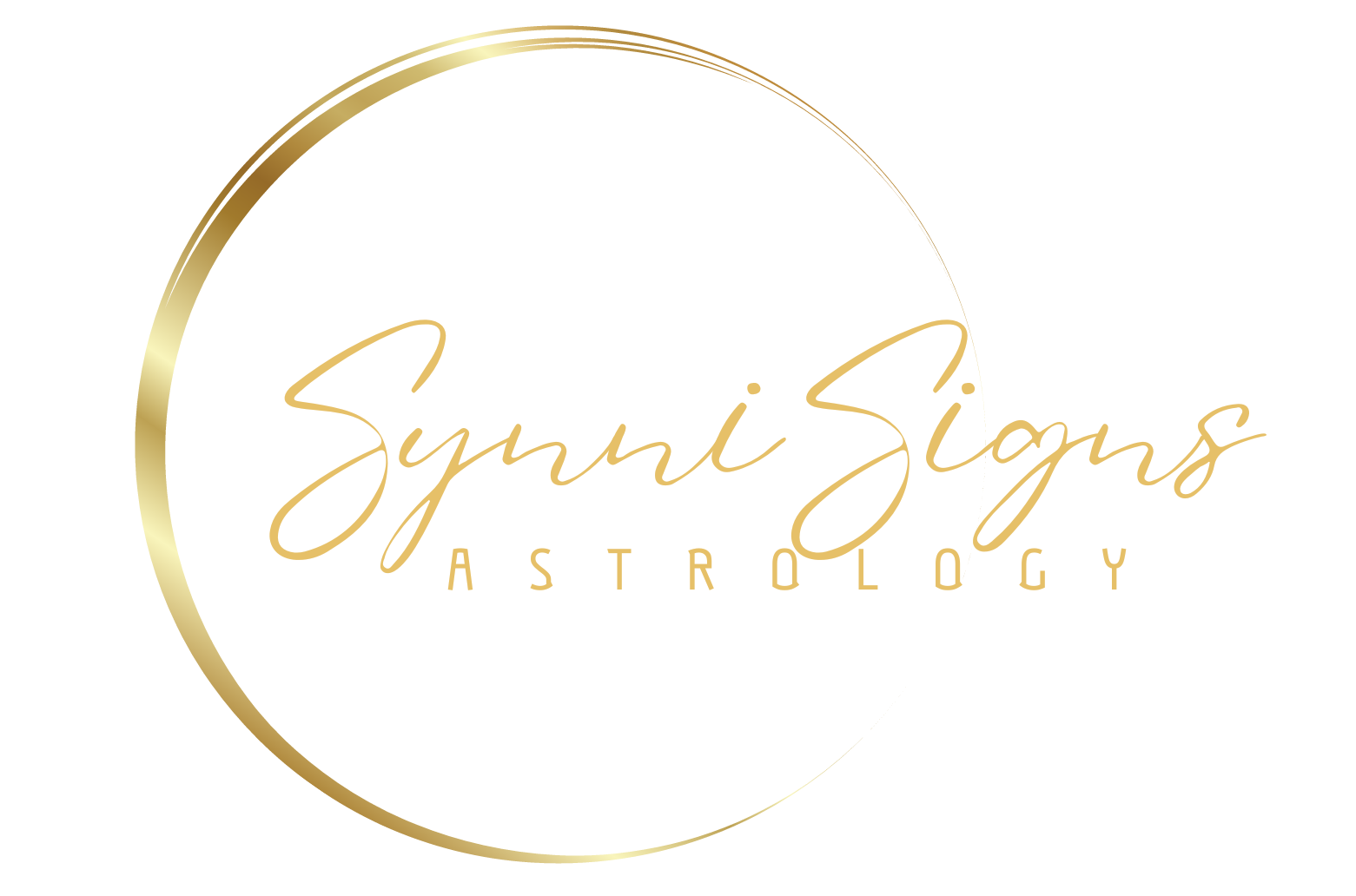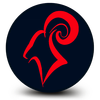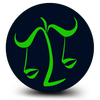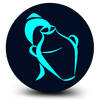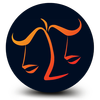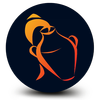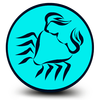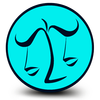
Vesta Aspects to the Sun


The harmonious aspects (conjunction, sextile, and trine) suggest that the ability to focus will come more naturally to you. Conversely, with the stressful aspects (square and opposition), you may find that you need to put in extra effort to maintain focus. Under stressful aspects, there can be a tendency to either become overly fixated on details or struggle with maintaining concentration altogether.
Vesta Aspects to the Moon


The harmonious aspects (conjunction, sextile, and trine) may grant an instinctive knack for focus, different from the deliberate and direct focus associated with Sun-Vesta aspects. On the other hand, the stressful aspects (square and opposition) might suggest a tendency to use work as a means of avoiding one’s own emotions, possibly influenced by a mother figure with similar traits. In cases of Moon-Vesta stress aspects, individuals may struggle to maintain focus due to overwhelming emotions. In such instances, the challenge lies in learning to express feelings without losing focus or becoming overwhelmed.
Vesta Aspects to Mercury


The harmonious aspects (conjunction, sextile, and trine) enhance the capacity to concentrate on communication and other cognitive activities. Conversely, the stressful aspects (square and opposition) might indicate a propensity to obsess over details and mundane tasks (Mercury), or conversely, an inability to manage them altogether. Additionally, there could be challenges in effective communication, potentially resulting in verbosity without substance or difficulty expressing oneself. In some cases, it may also suggest someone who talks extensively about sexual matters but struggles to follow through when it matters most.
Vesta Aspects to Venus


Venus governs social adeptness, artistic talents, and our capacity for joy and contentment. Harmonious aspects (conjunction, sextile, and trine) with Vesta can facilitate a focused approach to these areas. Conversely, stressful aspects (square and opposition) may suggest a tendency to prioritize work over pleasure, potentially leading to challenges in experiencing happiness or deriving satisfaction from work. Alternatively, work might serve as a means to avoid social engagements or as a distraction from pursuing pleasure. On the other hand, there could be a propensity to prioritize pleasure and social interactions over work responsibilities, leading to avoidance or neglect of work commitments.
Vesta Aspects to Mars


Harmonious aspects (conjunction, sextile, and trine) indicate an enhanced capacity to channel energy into focused work. However, stressful aspects (square and opposition) may suggest a tendency to overexert oneself, potentially as a coping mechanism for sexual issues or repressed anger. This could manifest in increased displays of anger or aggression as a means of compensating for feelings of impotence or other sexual difficulties.
Vesta Aspects to Jupiter


Harmonious aspects (conjunction, sextile, and trine) between Jupiter and Vesta are conducive to concentrating on expansive projects, intellectual pursuits, and philosophical or religious matters. However, stressful aspects (square and opposition) may lead to religious or philosophical zealotry, characterized by an excessive focus on one’s own beliefs, or conversely, a lack of attention to overarching principles. Additionally, an overemphasis on sexual concerns is more probable with stressful aspects.
Vesta Aspects to Saturn


Both Saturn and Vesta aspects revolve around the capacity to concentrate. Harmonious aspects (sextile and trine) may enhance your commitment, organization, and diligence in your professional endeavors. Conversely, stressful aspects (conjunction, square, and opposition) could lead to either a relentless workaholic approach or struggles with maintaining focus on tasks. It’s worth noting that stressful aspects between Saturn and Vesta may heighten the likelihood of sexual inhibitions, particularly repression and denial.
Vesta Aspects to Uranus


Uranus signifies our aversion to being conventional, our inclination to approach things unconventionally, and our potential for genius. Harmonious aspects (conjunction, sextile, and trine) facilitate the expression of our innovative tendencies. Conversely, stressful aspects (square and opposition) might lead to challenges in concentrating on mundane, routine tasks (such as household chores) and could instill a disdain for typical social responsibilities.
Vesta Aspects to Neptune


Neptune governs dreams and imagination. Harmonious aspects (conjunction, sextile, and trine) enhance the capacity to channel imagination effectively. Consequently, this placement can greatly benefit artists and scientists, facilitating visualization of the desired outcome. On the other hand, stressful aspects (square and opposition) may hinder focus on routine tasks. It’s interesting to compare this with Uranus/Vesta aspects—both Uranus and Neptune reject the ordinary, but while Uranus rebels, Neptune transports the mind to the realm of daydreams.
Vesta Aspects to Pluto


Pluto operates differently, emphasizing obsession, which is deeply emotional. Harmonious aspects (sextile and trine) facilitate transformation and the pursuit of hidden truths, making this placement advantageous for professions like medicine, salvage operations, and detective work. Stressful aspects (conjunction, square, and opposition) may indicate a struggle with Pluto’s darker aspects, potentially leading to destructive tendencies. While negative examples exist, it’s crucial to remember that individuals have agency in manifesting the positive aspects of any placement. For instance, serial killers Ted Bundy and Richard Cottingham shared the Sun opposite the Pluto/Vesta midpoint, yet many others with this aspect did not become killers. Therapy could have directed them towards healing professions; indeed, Bundy had an interest in psychology during college.
Vesta Aspects to Ascendant


Harmonious aspects (conjunction, sextile, and trine) facilitate focus, especially with the conjunction aspect being particularly influential. Conversely, the opposition aspect may suggest a tendency to focus on others, especially a partner, or a heightened ability to focus in the presence of others. The square aspect could indicate challenges in partnerships regarding task allocation or interference with work and focus. Moreover, it may suggest difficulty focusing even without a partner, as the areas of focus (indicated by the Vesta sign) clash with personal traits (ascendant sign).
Vesta Aspects to Midheaven


Harmonious aspects (conjunction, sextile, and trine) facilitate focus on career-related matters, but they also influence attention towards domestic affairs due to their connection with the Nadir, the start of the 4th house. Therefore, the opposition aspect, which involves both the Mid-Heaven and the Nadir, may not be as stressful as the square aspect. The square aspect suggests a tendency towards workaholism or, conversely, difficulty focusing on work or attempts to evade it altogether.
